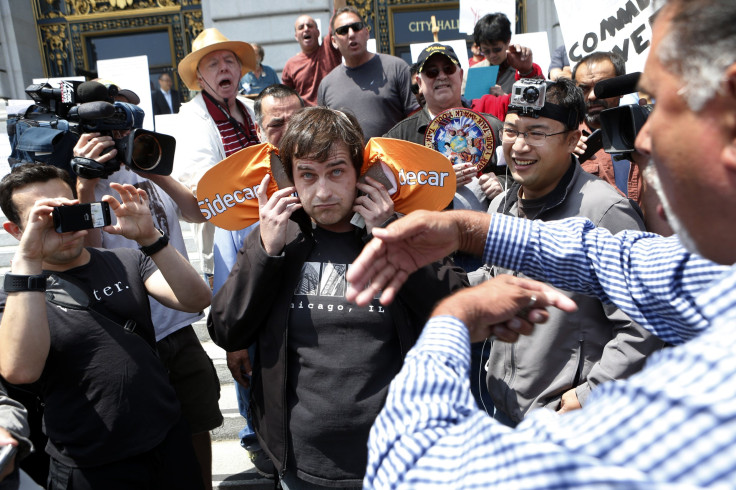Uber, Lyft Competitor Sidecar Winds Up Operations

Sidecar Technologies Inc., a smaller rival of Uber and Lyft, said it was shutting its ride-sharing and delivery services from Dec. 31. Sunil Paul, co-founder of the San Francisco startup wrote of “a significant capital disadvantage” in a blog post Tuesday, adding that the company could not continue in its present form.
Sidecar had raised about $39 million in financing in 4 years of operations while Uber raised more than $12 billion in funding through debt and equity, according to the Wall Street Journal.
Regarded widely as a pioneer of the ride-sharing movement, Sidecar won customer appreciations for not going along with a widely criticized industry fixture -- elevated pricing for peak hours. Sidecar was also first in building ride-tracking features into its app, carpooling and introducing same-day deliveries, according to its founders.
However, as Uber and Lyft, and other competitors around the world, spent millions of dollars subsidizing cheaper rides for passengers and doling out incentives to drivers, Sidecar struggled to compete, eventually shifting to transporting goods.
In February this year, Sidecar began partnering with food delivery app Eat24, among others. The service allowed for food to be delivered by its drivers on routes they were already plying on. Later, Sidecar also started a business delivering medical marijuana to licensed users in San Francisco in May.
"They’re competing with very heavily funded companies, and they didn’t have the same pull with drivers that these other companies might have," Nikhil Krishnan, a technology analyst at CB Insights told Bloomberg. "Even when it pivoted to transporting goods, it still had to compete with Postmates, and even Uber is transporting goods."
The founders called the startup’s end "a bittersweet victory" and said they planned to "lay the groundwork for the next big thing."
© Copyright IBTimes 2024. All rights reserved.





















